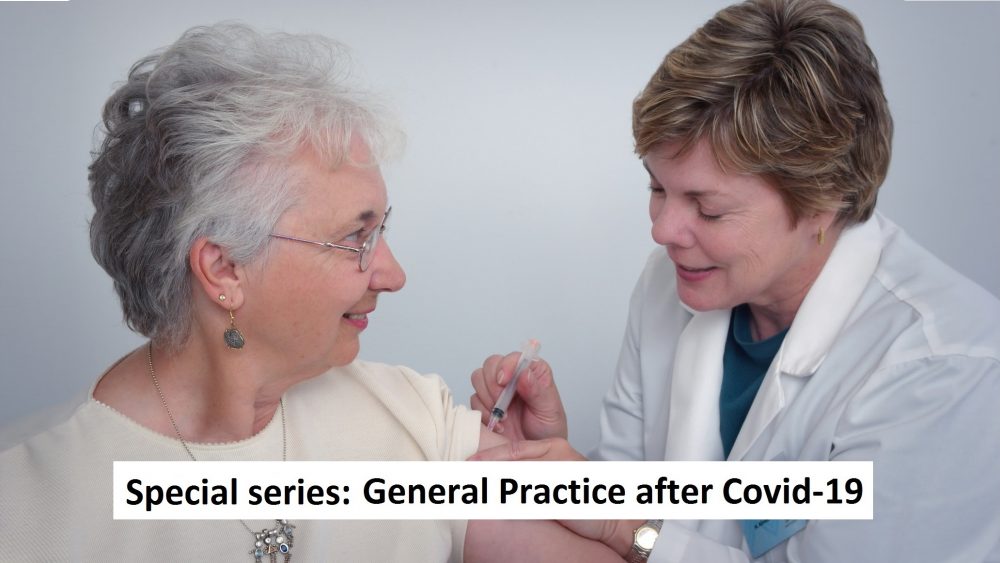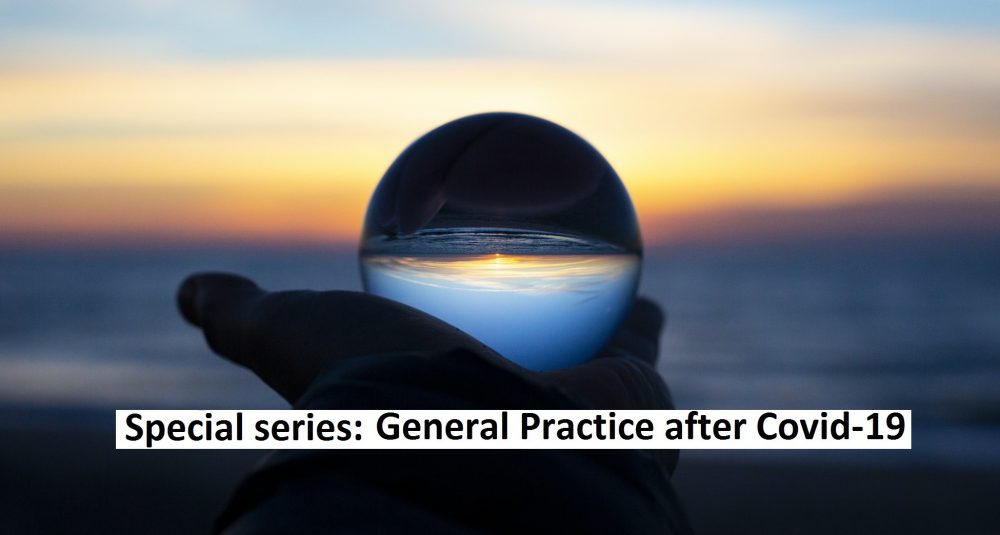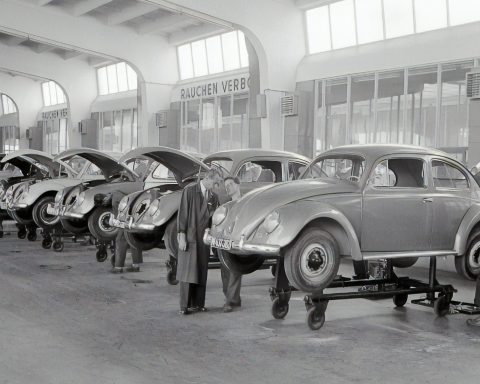
In February 2020 the United Kingdom was still in the containment phase of the pandemic but the government was already appointing ministerial virus leads, forming a ‘war room’ and increasing the number of Cobra emergency meetings. The headlines in the papers were not so much focused on these developments but on the plans to deploy a ‘Dad’s Army’ of retired doctors.1 On 27th March the GMC wrote to 15,000 doctors granting temporary registration under emergency powers with the majority opting to remain on the register. Doctors who had left during the previous three years were granted a licence to practice at no extra charge with no requirement to undertake revalidation, but with the activities limited to work directly related to the pandemic.
The experience of GPs was mixed. Many offered their services to the Covid clinical assessment service but experienced delays and bureaucratic hurdles, and those that were recruited to the zero-hours contracts often waited for many weeks before getting started.
Many offered their services to the Covid clinical assessment service but experienced delays and bureaucratic hurdles.
So, what about the future? The peri or post-covid era seems likely to result in a tsunami of demands including mental health problems, long-covid conditions, a backlog of long term condition reviews, and health issues that have been parked due to patient fears or limited resources. The arrangements for emergency registration were introduced as a temporary measure and it is likely that the goodwill of this cohort of retired GPs may also be a temporary phenomenon. Why would a retired GP want to remain in, or return to, the maelstrom of general practice in the post covid era?
A recent staff survey found that 40% of doctors reported feeling unwell from work-related stress during the pandemic, with around a third of staff saying they were considering quitting their job,2 and there has been a huge rise in referrals to the NHS Practitioner Health Service during the pandemic. There are various initiatives that have sought to encourage GPs to remain or return to practice. These include the GP Retention Scheme,3 the Supporting Mentoring Scheme4 and the GP Return to Practice scheme.5 The NHS People Plan which was published in July 20206 encourages practices and primary care networks to offer more flexible roles to salaried GPs, and to support the establishment of banks of GPs working flexibly across local systems. But are they enough to reverse the tide?
Few GPs would want to return to the roles from which they retired, or the radically altered working practices to which GPs now have to adapt. But could practices and primary care networks embrace retired GPs back into their communities of practice?
It needs creative thinking and pragmatic solutions …. alongside a radical reduction in bureaucracy.
References
- https://www.theguardian.com/world/2020/feb/29/nhs-dads-army-plan-for-coronavirus-spread-pandemic-strategy
- NHS Survey Coordination Centre. NHS staff survey 2020. 11 Mar 2021. https://www.nhsstaffsurveyresults.com/?utm_campaign=301882_Staff%20survey%202020%20press%20release&utm_medium=email&utm_source=NHS%20Confederation&dm_i=6OI9%2C6GXM%2C282I89%2CQXPA%2C1
- https://www.england.nhs.uk/gp/the-best-place-to-work/retaining-the-current-medical-workforce/retained-doctors/
- https://www.england.nhs.uk/gp/the-best-place-to-work/supporting-mentors-scheme/
- https://www.england.nhs.uk/gp/the-best-place-to-work/returning-to-practice/
- https://www.england.nhs.uk/wp-content/uploads/2020/07/We-Are-The-NHS-Action-For-All-Of-Us-FINAL-March-21.pdf
- https://bjgp.org/content/71/703/74









I strongly agree.Use untapped potential of so many experienced GPs. Now that CCAS 111 is closing there is the option to use these doctors to help with long covid and other roles. Especially since primary care is so overwhelmed.
Now is the time to break down barriers and have ‘pragmatic solutions’ and ‘creative thinking’ as Ashley says.